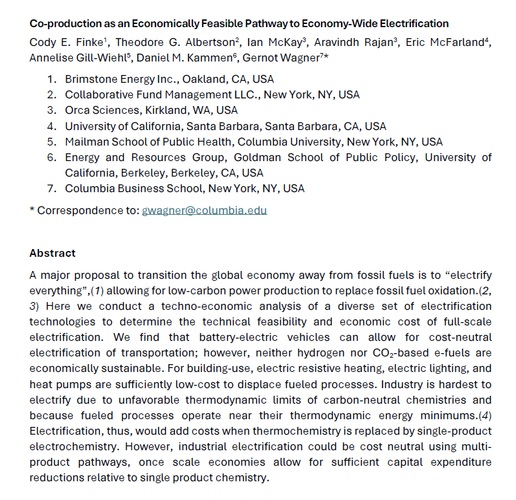Grist: "What climate policies work best? A new study has answers."
by Kate Yoder
Gernot Wagner, a climate economist at Columbia Business School, said the study shows what measures to curb carbon emissions have been politically possible, but it shouldn’t necessarily serve as a guide for future policymaking. “It doesn’t capture policies that never passed — including those that would have been wildly successful but didn’t pass precisely because they would have been so effective.”
Because of the bounds of the study, it also missed some of the most significant climate policies, Wagner said, pointing to the carbon taxes Sweden’s government passed in the early 1990s and the Inflation Reduction Act, signed by President Joe Biden in 2022. The United States’ landmark climate law invests hundreds of billions of dollars in clean energy and tax credits toward low-carbon technologies like heat pumps. The law is estimated to cut emissions by 40 percent by 2030, compared to 2005 levels.
“I wouldn’t be surprised if this exercise gets repeated five, 10 years from now, the Inflation Reduction Act would show up” as causing a big drop in emissions, Wagner said.
Quoted in: "What climate policies work best? A new study has answers" by Kate Yoder, Grist (23 August 2024).

